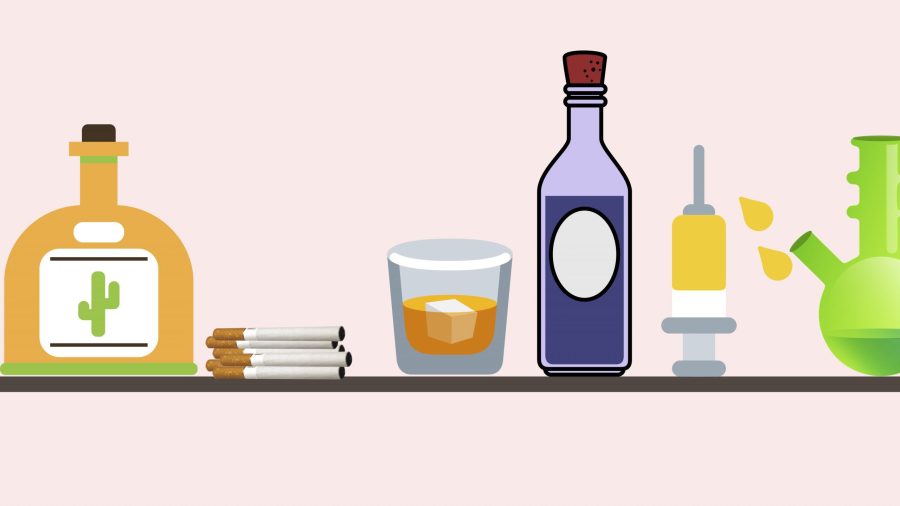College is where many students are first introduced to alcohol and drugs. While some are able to safely balance substance use such as drinking, others might be unable to do so and face an addiction that they are not able to control. College students commonly binge drink and use drugs, and so they face a greater risk of addiction and unsafe substance use. While certain resources such as education and counseling may help contain the dangers associated with these activities, the current lack of visibility of and funding for existing resources on campus limits the university’s ability to address such issues. There should be an increase in the amount of resources available for UC San Diego students who are facing substance abuse in order to account for this deficiency on campus.
Improving mental health resources for students on campus should be a major priority in addressing substance abuse. Severe mental illness is associated with a higher risk of substance abuse, and counseling in these cases could prevent substance abuse from occurring. But there are also far more factors that heighten one’s risks for addiction. Chronic stress is also associated with a higher risk of addiction and drug abuse, and college students are reporting higher levels of stress. And as a whole, 31 percent of U.S. college students report symptoms of alcohol abuse. Short-term and long-term counseling on campus could help one manage risks for addiction and develop responsible substance use habits. Resources such as these are fundamentally important in preventing substance abuse, but the mental health infrastructure that currently exists on campus received a C+ in an assessment by the UC Student Association. A deficiency in mental health resources would also mean a deficiency in substance abuse resources, and any effort to combat substance abuse on campus would not be possible without the improvement of mental health infrastructure on campus. Increasing funding to resources such as Counseling and Psychological Services in order to decrease wait times as well as creating peer support groups and addiction-geared counseling on campus are essential steps in creating the resources some may need to address their negative relationships with alcohol and drugs.
A recent effort to increase the resources available to CAPS signals a change in this direction. New programs such as video calls with a healthcare provider, new psychologists for CAPS, and lengthened office hours are beneficial to the student body, but all this may not be enough to combat substance abuse on campus. While it is certainly a step in the right direction, the lack of resources dedicated for substance abuse is a deficiency that has not been addressed yet, even with these new changes. Creating programs such as drop-in workshops on substance abuse would be a useful addition to the already existing workshops on campus since they would provide resources dedicated for those suffering from substance abuse.
Other resources for students also exist online, but they lack the visibility that could enhance their role in addressing substance abuse. Tools such as e-Chug and e-Toke, which are questionnaires aimed at establishing healthy patterns of substance consumption, are useful and may provide students an anonymous way to gauge their substance use. However, not many are aware they exist. Making such resources more visible would increase their usefulness overall, and a conjunctive effort to improve mental health infrastructure on campus would ultimately prove to be beneficial for the student body and the university. For example, adding such tools, as well as links to Student Health Services and CAPS, to the TritonLink portal could enhance their visibility and increase the awareness of these resources and their potential subsequent use.
There are many useful resources that exist on campus — CAPS and educational sources on drug safety are incredibly useful for student life. But these programs lack two major things that hamper their effectiveness: visibility and funding. Improving mental health resources on campus would yield useful results in combating substance abuse on campus, and an increase in the visibility of educational resources could increase the effectiveness of existing tools.
Graphic by Geena L. Roberts.














